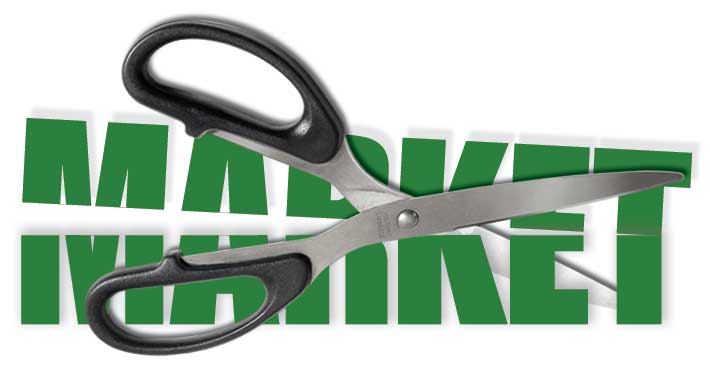Hope you had a good Christmas. Try not to think about the kipper season.
Preliminary sales results from the big boys have been poor at best. The ‘Big Four’ supermarkets have been fighting off the Germans – Aldi and Lidl – so margins remained wafer-thin. The high street fashion retailers were hammered by unseasonably warm weather and Black Friday never really took off. Biggies like H&M and Next started their sales early (which is a bit worrying given the low rate of inflation and rising disposable incomes). Drastic discounting did not draw in the crowds as expected so when the full Christmas sales results are announced it will be interesting to see the proportion which transferred to online or simply disappeared to online competition. Amazon and Google announced amazing turnover figures for Black Friday with durables, white goods and presents only a click away. Shoppers were still seen browsing High Street shops up to Christmas Eve but more for price-comparison with online and/or to sniff out last-minute bargains. Conversion to sales seems to have been poor with many shoppers preferring to sit in front of their PC with a pile of mince pies.
Lower High Street footfall means lower Market turnover
You might have hoped this would not affect your market but I’m sorry to say that doesn’t appear to be the case. Stallholders do not have the sky-high rents and rates of a ‘bricks ‘n mortar’ high street retailer so are still able to offer real bargains BUT they remain overwhelmingly reliant on footfall. Lower high street footfall means lower market turnover which seems to have affected seasonal Christmas markets as much as weekday general markets. Meat, poultry and fruit & veg. seems to have stood up reasonably well but European traders who came to the UK in search of a strong currency and better sales turnover went home disappointed. Sales turnover on Christmas markets seems to have fallen by at least a quarter.
Those with a decent online presence have definitely held their ground
So who were the real winners? Those with a decent online presence have definitely held their ground. Those selling craft and luxury goods only have done well. My friend trained as saddlemaker in Walsall but threw in that towel to make wallets, belts, dog collars and handbags and only sells online. His sales through Etsy, Ebay, Facebook and website are better then ever. He’s not cheap but works on the theory that no girl can ever be too thin or own too many handbags or pairs of shoes. He took a big gamble and doubled his stock from July but had a cracking good Christmas since. His secrets are low overheads, adding value by product skills and selling online 24/7.
Thank heavens the markets industry is so innovative and resilient
So where does this leave the markets industry? The impact of online retailing and home delivery by DHL is as profound as the introduction of self-service supermarkets was to the corner shop. Thank heavens the markets industry is so innovative and resilient. Sadly, the Chancelllor’s Autumn statement didn’t contain any real goodies for small businesses to reinvest in and develop themselves. But it did confirm your market authority’s worst fears – a further 29% in spending cuts over the next 5 years. The easy cuts have been made already so you can anticipate services like care for the elderly taking priority. Loss-making ‘discretionary’ services like markets are in line for disposal in line with the ‘Big Society’ agenda promoted by David Cameron.
It would be interesting to know how many stallholders have half-embraced online retailing
It would be interesting to know how many Stallholders have HALF-embraced online retailing, but not the right half. Be honest with yourself and admit whether you’ve gone online because you’re too busy selling and don’t have time to sit in the carpark queue at Bluewater (6 hours) or Silverburn (3 hours). Maybe next year you should plan ahead and go online then treat yourself with a post-Christmas weekend holiday in Eastern Europe. Many of their Christmas markets stay open until the Orthodox Christmas on 6th January.
A Christmas when you don’t have to work – whoopee!




